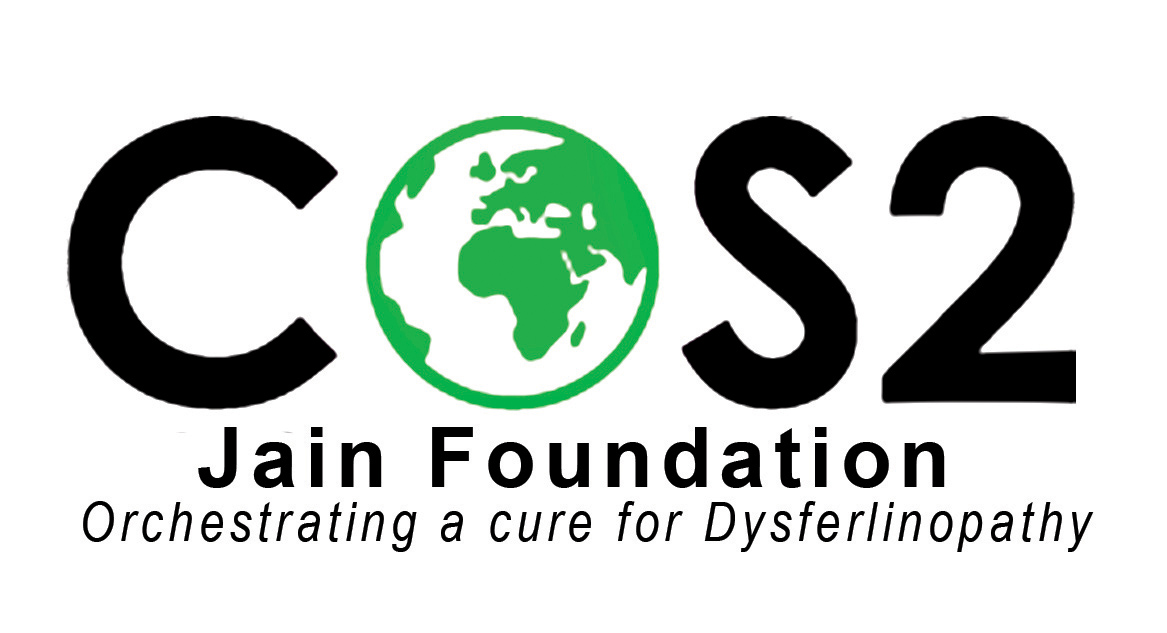HOW TO TAKE ACTION
Clinical Trials, Studies And Surveys
HOW TO TAKE ACTION
Clinical Trials, Studies And Surveys
Clinical Trials, Studies And Surveys
Your experiences and perspectives can help researchers better understand dysferlinopathy and the knowledge gained can elevate the way the disease is managed and can impact the process by which potential treatments are studied.
By all of us working together and doing our part we can change the future of dysferlinopathy.
Your participation in the registry, surveys and clinical studies is powerful and influences the likelihood that treatments will reach the clinic.
There are many different ways to get involved so everyone can participate no matter their stage of disease or ability to travel. Please explore all the possibilities below to see if there is something you could participate in.
Interventional Clinical Trials
In 2023 Sarepta Therapeutics launched a “proof-of-concept” clinical study called Navigene. This study is testing SRP-6004 in people with limb-girdle muscular dystrophy (LGMD) type 2B/R2 (dysferlin related), also called LGMD2B. SRP-6004 is an investigational gene therapy drug. “Investigational” means this drug is being studied; it has not been approved for use other than in a study like this. A gene therapy drug is designed to replace a non-working gene with a functional one.
This is an Open-label, Systemic Gene Transfer Study to Evaluate the Safety, Tolerability, and Efficacy of SRP-6004 Administered by Systemic Infusion in Ambulatory Subjects with Limb Girdle Muscular Dystrophy Type 2B/R2 (LGMD2B/R2, Myipshi Myopathy 1, Dysferlinopathy).
To learn more about the study go to Clinical Trials.gov: https://clinicaltrials.gov/study/NCT05906251?cond=LGMD2B&checkSpell=false&rank=3
Please note that this clinical study is no longer recruiting.
Clinical Studies
International Clinical Outcome Study for Dysferlinopathy (COS2)
Status: Active – recruitment closed
This study is being sponsored by the Jain Foundation. The goal of the study is to define the natural progression of dysferlinopathy (LGMD2B/Miyoshi) in a large group of genetically confirmed patients and study a selection of possible outcome measures for use in future treatment trials.
If you do not have a genetic diagnosis, the Jain Foundation can help. Please contact patients@jain-foundation.org and the Jain Foundation can provide guidance and support to help you obtain a diagnosis at the genetic level.
The results of this study will provide us with a better understanding of the clinical aspects of dysferlinopathy and identify the best outcome measures to test the efficacy of potential therapies in future clinical trials.
Long-Term Development of Muscular Dystrophy Outcome Assessments
Status: This study is active
This is a 24-month, observational study of up to 1000 participants with Limb Girdle Muscular Dystrophy (LGMD), Myotonic Dystrophy Type 2 (DM2), and late onset Pompe disease (LOPD). The overall goal of this project is to extend prior observational studies conducted within the GRASP LGMD network to define the key phenotypes as measured by standard clinical outcome assessments (COAs) for multiple rare types of muscular dystrophy to hasten therapeutic development.
The study is taking place at Virginia Commonwealth University.
https://www.clinicaltrials.gov/study/NCT05989620?cond=LGMD2B&rank=6
Clinical Surveys
TREAT NMD LGMD Standards of Care Survey
Status: This survey is active
Finally, clinical efforts are being made to improve the standards of care for individuals with all forms of LGMD. It has taken years to build clinical interest to a level where official surveys for the LGMDs are being requested. In order to make sure the standards of care that are being developed for LGMD subtypes address the specific needs of the dysferlinopathy community we need individuals with dysferlinopathy to participate in this survey.
Spending a nominal amount of time doing this will yield significant return, paving the way for more effective clinical care offered to individuals with all types of LGMD.
The survey is available in multiple languages and more translations are in the works. Click here to find links to all the currently available translations.
WHY IT IS IMPORTANT TO PARTICIPATE
Without patient studies, we won’t know how to show that treatments are effective (if they are). Slow progressing diseases are difficult to measure in short periods of time (as in trials). In order to recruit for these studies, researchers need to have a pool of people who are genetically confirmed. In a rare disease like dysferlinopathy, this can be challenging. That is one of the reasons the Jain Foundation hosts the Dysferlin Registry. With more patients in the registry, there are more to recruit for studies that could help with “outcome measures” and trial preparations. In addition, biotech companies want to know if there is an identified, cohesive patient community interested in the treatments they are considering developing. The Jain Foundation curates a global registry of individuals who are genetically confirmed with LGMD2B/R2/Miyoshi Myopathy/ dysferlinopathy which will help our community mobilize fast for clinical trials.


